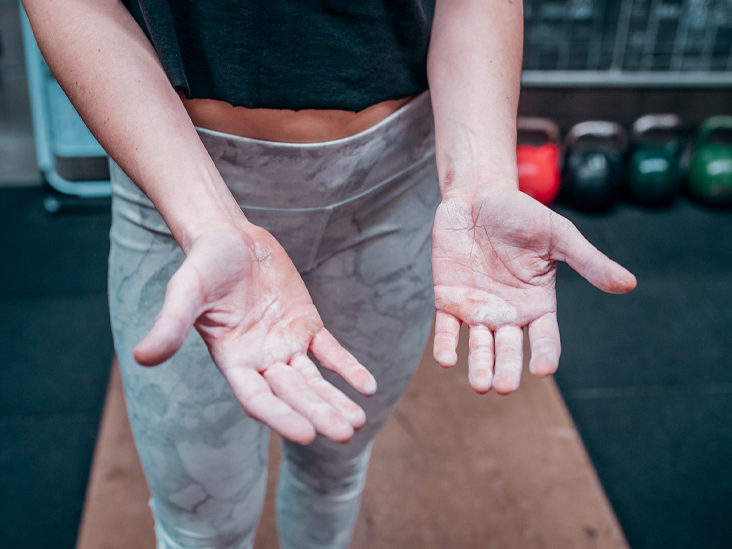
Very tight socks and shoes can cause pressure and friction on your skin. Therefore, the skin thickens, leading to the formation of a callus to protect itself from excessive rubbing. Even though calluses do not cause pain, you are encouraged to seek medical help if you begin experiencing it. Calluses in Bakersfield are treated by a specialist who offers innovative treatment to remove the thickened skin, thus preventing a recurrence.
What are calluses?
Calluses are thickened layers of your skin that form on the soles of the feet, mainly the ball of your foot or heel. They usually act as a source of protection against repeated rubbing or pressure from socks or shoes. They also vary in size but can be large and can cause or not cause pain.
What are callus symptoms?
Calluses typically cause rough and thickened areas on your skin. The skin can also be flaky, scaly, or dry. Corns and calluses are often grouped, but they are very different. Corns normally develop between or on toes and have a hardened center surrounded by inflamed skin that causes pain when pressed.
When should you seek medical help for a callus?
You are encouraged to seek help from qualified and experienced experts if your callus gets inflamed and makes you feel pain. Similarly, if you have diabetes, you are also advised to seek help even if your calluses are not inflamed or don’t cause pain because diabetic patients are at risk of limb amputation and foot infections. It is because diabetes is a condition that can cause damage to your nerve endings and blood vessels of your feet. Therefore if your calluses are infected or inflamed, you may not know because you cannot feel pain.
You are also recommended to seek medical care if your calluses are a result of foot deformities such as hammertoes or bunions. You can also consult health care professionals if you have a circulatory condition, including peripheral arterial disease that can alter the wound healing process.
How are calluses treated?
The podiatry experts in the facility usually come up with an individualized or personalized treatment plan for calluses. The treatment plan is dependent on your medical history and the severity of your symptoms. After performing a comprehensive evaluation, the health care team may recommend padding to protect your foot, callus removing medications, changes in the shoes you wear to prevent the pressure and rubbing, trimming away excess skin, and also custom-made orthotics.
However, suppose your calluses developed because of a foot deformity that is affecting your quality of life. In that case, the health care provider may suggest a surgical intervention to prevent future calluses and correct the underlying condition.
In summary, if you or your loved one requires comprehensive management of calluses and any other foot needs, call or visit Diabetic Foot and Wound Center today. The experienced and qualified team will offer you various treatment options for calluses, including callus removing drugs, custom-made orthotics, and trimming of excess skin. And if your callus is due to a foot deformity, surgery may also be performed to treat the underlying condition and prevent recurrence of the calluses in the future.